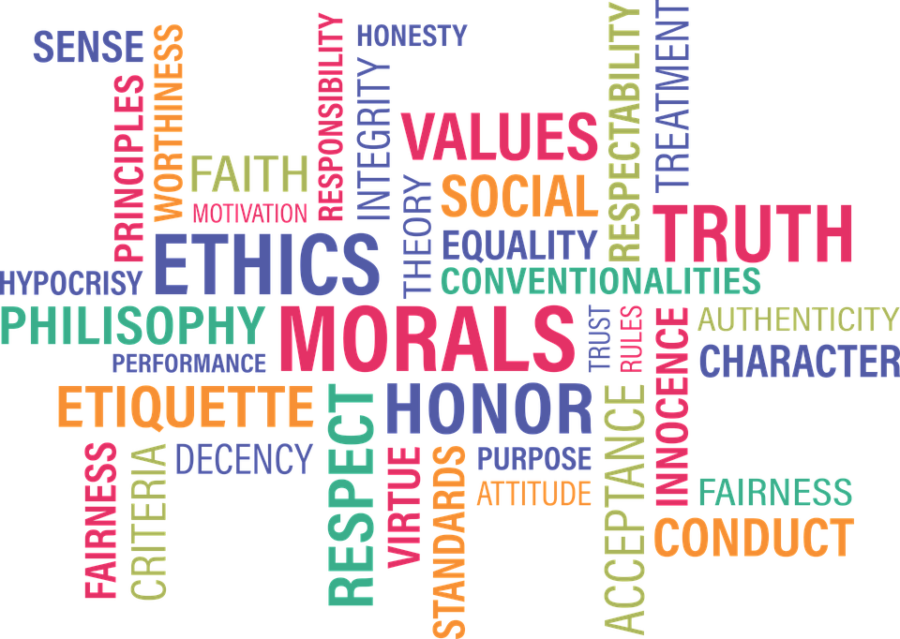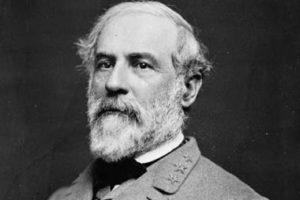Self-mastery, ordered love, and self-examination are key elements to a life of character and virtue.
In this post, I will unpack the myths and kernels of truth in each of these elements.
Self-Mastery
Self-Mastery is not akin to “finding oneself.”
I heard a story of a young woman who was headed to medical school but deviated to live in Israel in a commune to “find herself” before she began at the institution. This is ridiculous but entirely understandable given the garbage advice that celebrities and alleged role-models give younger people. This advice usually mimics this formula: you can do anything you put your mind to + be yourself = success and happiness. The problem here is that this has nothing to do with the mastery of the self. It assumes that the self is inherently good and has no need of discipline. The fact is, as centuries of philosophers have taught us, the self is in constant need of discipline; telling young people that their goal should be to simply be themselves without qualification is detrimental and costly to their success and self-mastery. Telling someone to “find yourself” placates to the deepest recesses of vice in our souls. It speaks to a kind of liberation that is misguided and degrading, but also exhilarating, hence the enticing nature of the phrase.
Self-Mastery is the continuous discipline of the self for the sake of virtue formation.
Virtue formation is no longer envisioned as a public good. For many, virtue cultivation is a waste of time since it prevents someone from the radical liberation of the soul inherent in placating vices. Virtue must be reclaimed as a public good in the eyes of the masses. The virtues and benefits of discipline for the sake of virtue formation must be sold for the great plusses they are. One way to accomplish that is to lead by example in everything you do. Be a thought leader–a leader in virtue and discipline.
Every Christian should take the call to self-mastery seriously, as the scriptures say in Romans 8:7, “The mind governed by the flesh is hostile to God; it does not submit to God’s law, nor can it do so.” The soul must be disciplined and the common grace of God’s Holy Spirit effects this discipline in the minds and hearts of all who obey God’s will: to love God and love others.
Loving God and others in the public square
The thought of loving God and others has become a very private notion in American Christianity. It should mean both horizontal justice (what love looks like in public) for the community and properly ordered humility before a higher power (vertical justice). Without justice in both directions, Christians cannot claim to love God and others.
This vertical justice demands an ordering of one’s loves. This means that we prioritize our affections to the things that are truly good and in order of their goodness. This is the positive role that religion can have on character formation.
Self-Examination
Self-Examination is the key to self-mastery.
Of course, I will take the low-hanging fruit of Socrates’ quote, “The unexamined life is not worth living.” – Apology 38a. (or my favorite, more literal translation, “An unexamined life is not worth living for man).” This addendum at the end, “for man,” makes it clear that man is set apart from the animals in a way that cultural Darwinianism would aim to contradict. Animals can live an unexamined life and be just before God. We cannot.





Leave a Reply
Your email is safe with us.